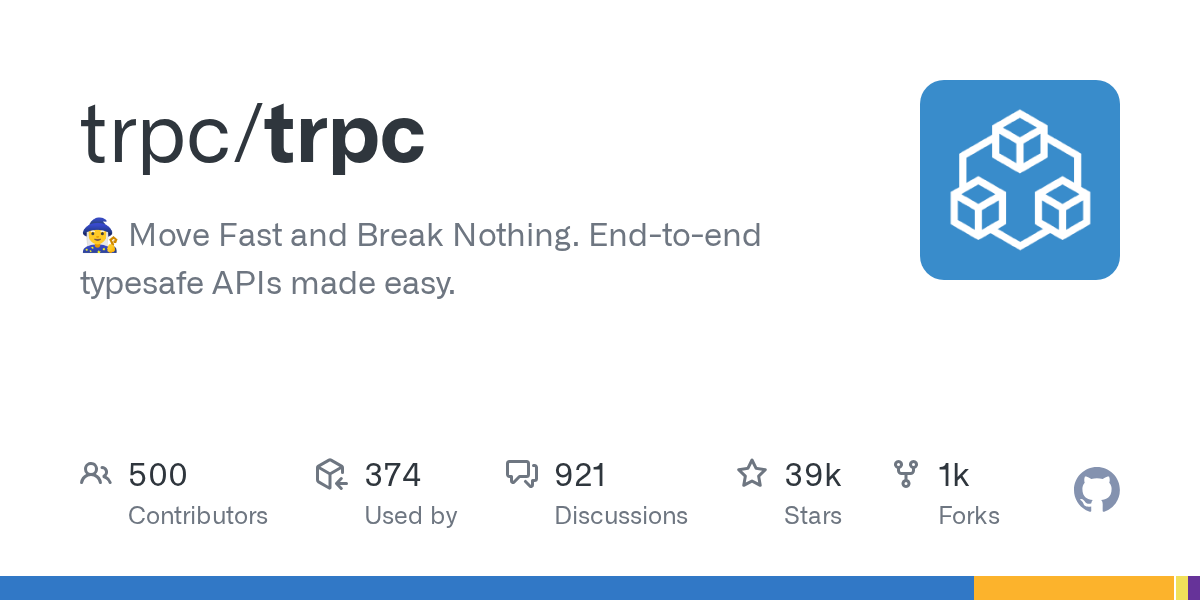How do I use the rsc-rq-prefetch example with a protected procedure?
Thank you for this implementation! It looks sooo promising 
However, I ran into an issue when trying it out:
https://github.com/trpc/trpc/blob/next/examples/.experimental/next-app-dir/src/app/rsc-rq-prefetch/page.tsx
If we have a protected procedure instead of a public one, the server is not authenticated during SSR and an error is thrown.
How can we solve this? Can we just ignore the error and will it still work?

However, I ran into an issue when trying it out:
https://github.com/trpc/trpc/blob/next/examples/.experimental/next-app-dir/src/app/rsc-rq-prefetch/page.tsx
If we have a protected procedure instead of a public one, the server is not authenticated during SSR and an error is thrown.
How can we solve this? Can we just ignore the error and will it still work?
GitHub Move Fast and Break Nothing. End-to-end typesafe APIs made easy. - trpc/trpc
Move Fast and Break Nothing. End-to-end typesafe APIs made easy. - trpc/trpc
 Move Fast and Break Nothing. End-to-end typesafe APIs made easy. - trpc/trpc
Move Fast and Break Nothing. End-to-end typesafe APIs made easy. - trpc/trpc